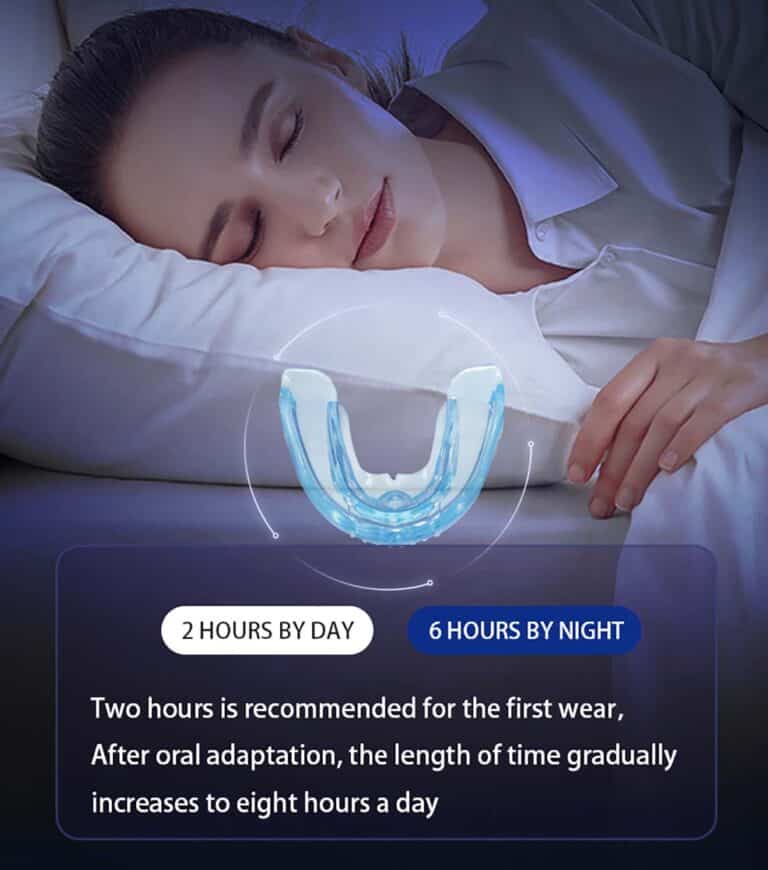- No.277 Shuangshan Road,Deqing,Zhejiang,CHINA
- [email protected]
- WhatsApp+8613065722186
Longmed Liquid Silicone Mouth Guard Dental Teeth Braces
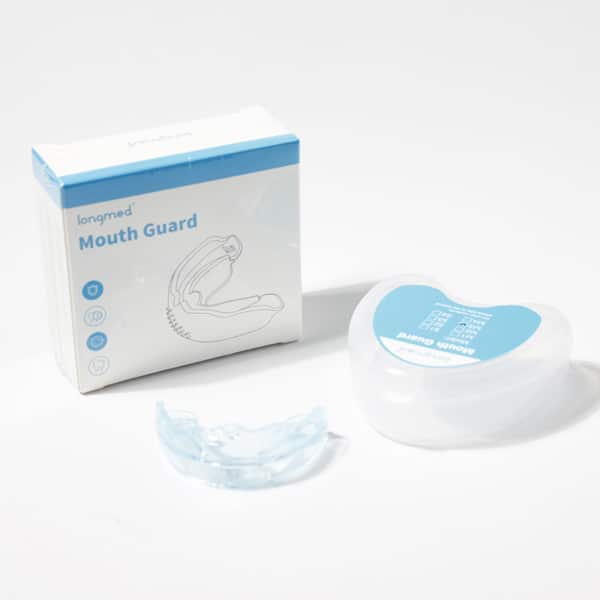
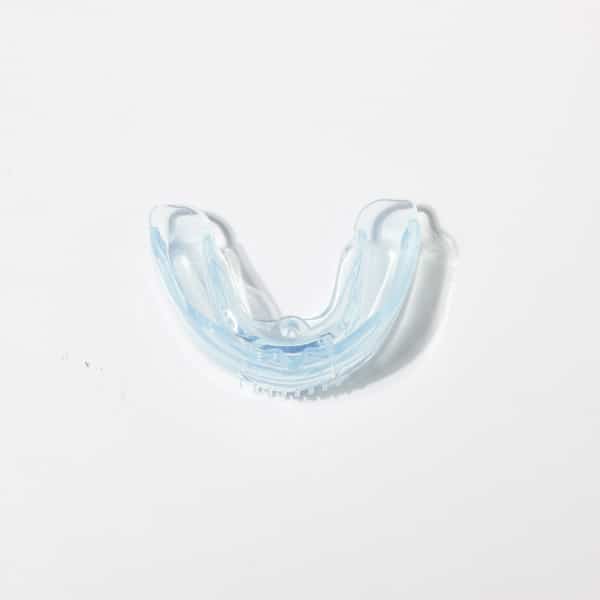
Mouth guard is a protective device for the mouth that covers the teeth and gums to prevent injury to the teeth, jaws, and surrounding tissues. It is commonly used in sports and recreational activities where there is a risk of impact to the face or mouth. The primary purpose of a mouthguard is to absorb and distribute the forces generated by a blow to the face, reducing the risk of injury to the teeth, lips, tongue, and jaw.
Mouth guard is commonly used in contact sports like football, hockey, and boxing, as well as in activities like skateboarding and mountain biking. Using a mouthguard can help prevent injuries such as broken teeth, jaw fractures, and soft tissue injuries. It’s important to choose a mouthguard that is appropriate for the specific activity and fits properly to maximize its effectiveness in protecting the mouth and face.
For children, it’s important to consider their age and growth. Children’s mouths are still developing, and they may lose baby teeth and gain permanent teeth. In such cases, using a custom-fitted mouthguard made by a dentist can be beneficial because it can be adjusted or replaced as the child’s mouth develops. Additionally, some mouthguards are specifically designed for children, taking into account their smaller jaws and teeth.
Why we should we use mouth guard?
Using a mouth guard is important for several reasons, especially in situations where there is a risk of impact to the face or mouth. Here are some key reasons why people use mouthguards:
Protection of Teeth: It is designed to absorb and distribute the forces generated by a blow to the face. They act as a barrier between the upper and lower teeth, helping to prevent fractures, chips, and other injuries to the teeth.
Prevention of Jaw Injuries: It can reduce the risk of jaw injuries by providing a cushioning effect during impact. They help stabilize the jaw and protect against fractures and dislocations.
Soft Tissue Protection: It also protects the soft tissues of the mouth, including the lips, tongue, and cheeks, from cuts, abrasions, and other injuries that can result from contact.
Concussion Prevention: While not a primary function, some studies suggest that wearing a properly fitted mouth guard may help reduce the risk of concussions in certain situations by absorbing and dissipating impact forces.
Compliance with Sports Regulations: In many contact sports and activities, the use of mouthguards is mandatory. Athletes may be required to wear mouth protection as a part of the rules and regulations set by sports organizations.
Facial Fracture Prevention: It can also reduce the risk of facial fractures by providing a protective layer between the teeth and the bones of the face.
Customization for Comfort: Custom-fitted mouth guard, in particular, provide a comfortable and secure fit, which encourages regular use. This is important because an ill-fitting or uncomfortable mouthguard is less likely to be used consistently.
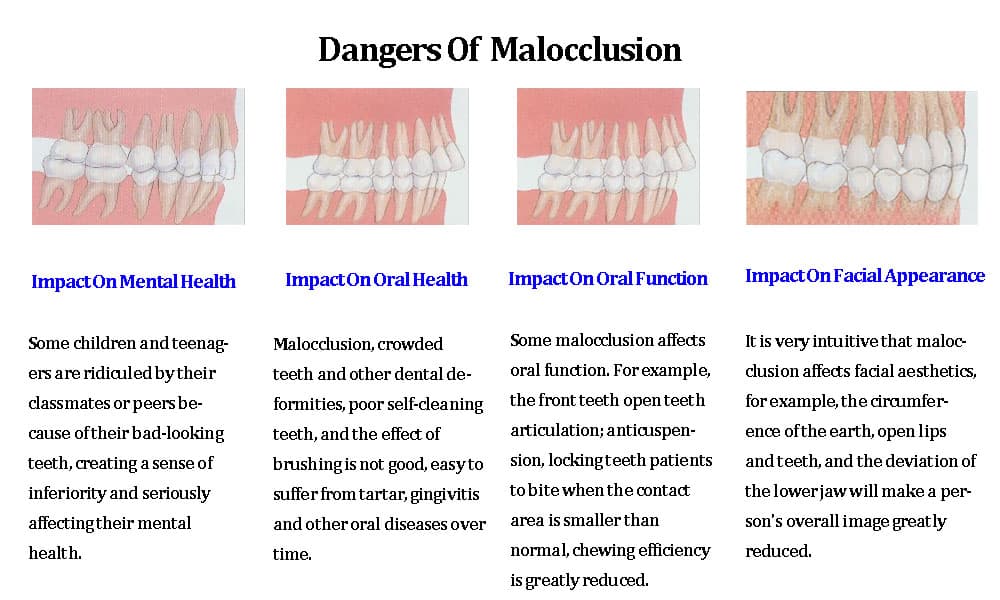
How can we use Longmed Mouth Guard for scientific correction?
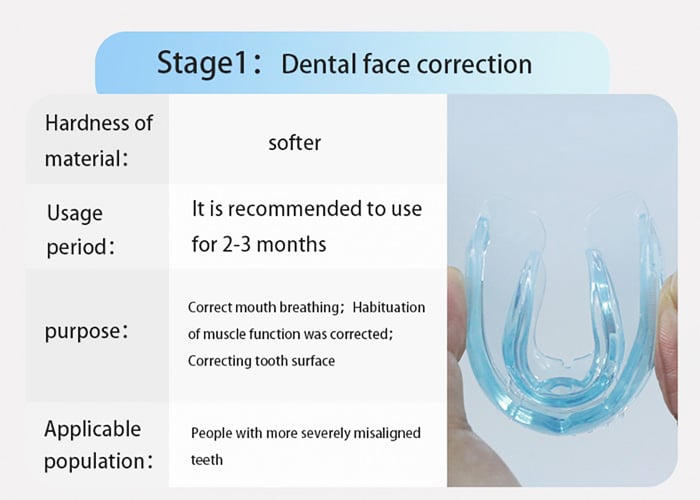
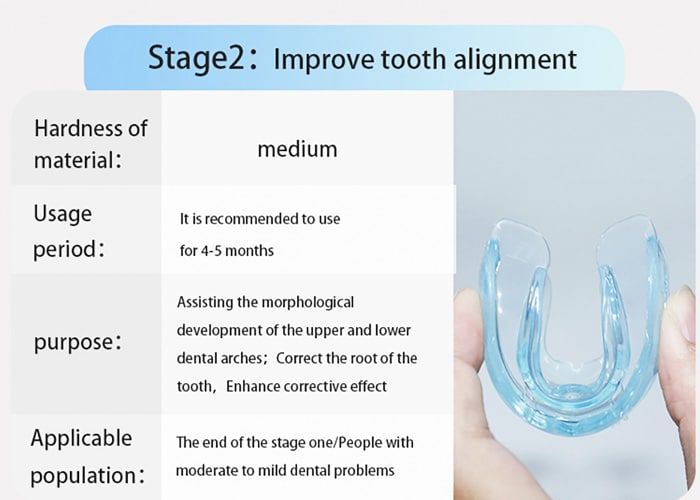
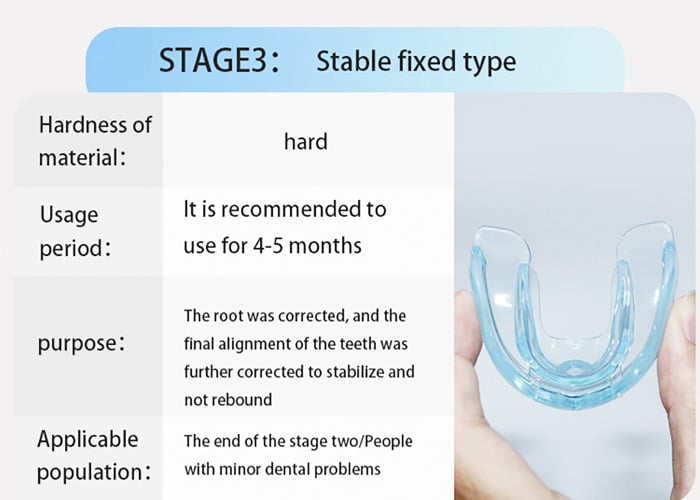
Can Children and adult use the Longmed Mouth Guard?
Yes, both children and adults can use Longmed mouth guard. In fact, mouthguards are commonly recommended for individuals of all ages, especially when participating in certain sports or activities where there is a risk of facial or dental injury.
Parents should encourage their children to use mouthguards when participating in sports like football, soccer, basketball, hockey, or any other activity where there is a risk of oral or facial injury. Adults, whether engaging in sports or certain recreational activities, can also benefit from using mouth guard to protect their teeth, jaws, and surrounding tissues.
What are the features of Longmed Mouth Guard?
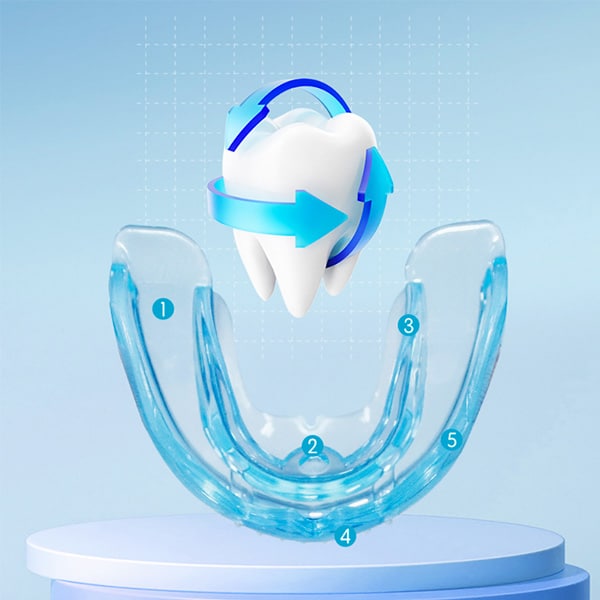
8.US FDA certified product
How long should we use the Mouth Guard for every day?
